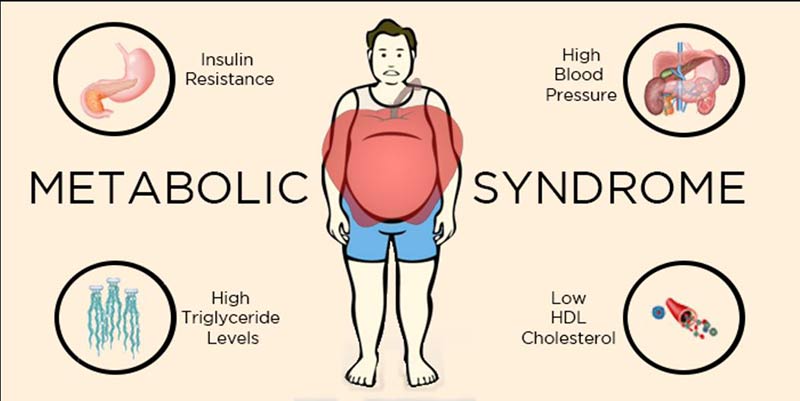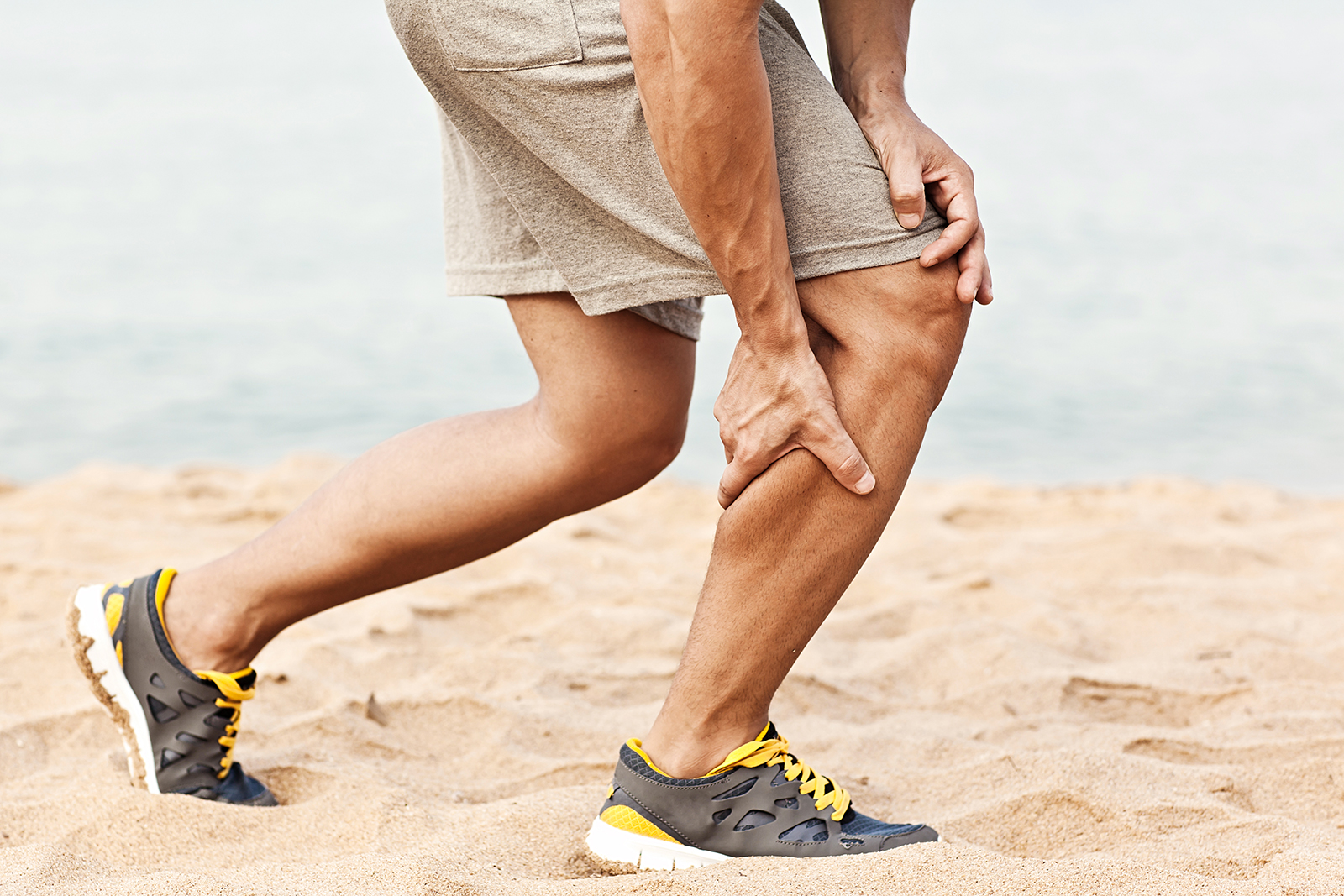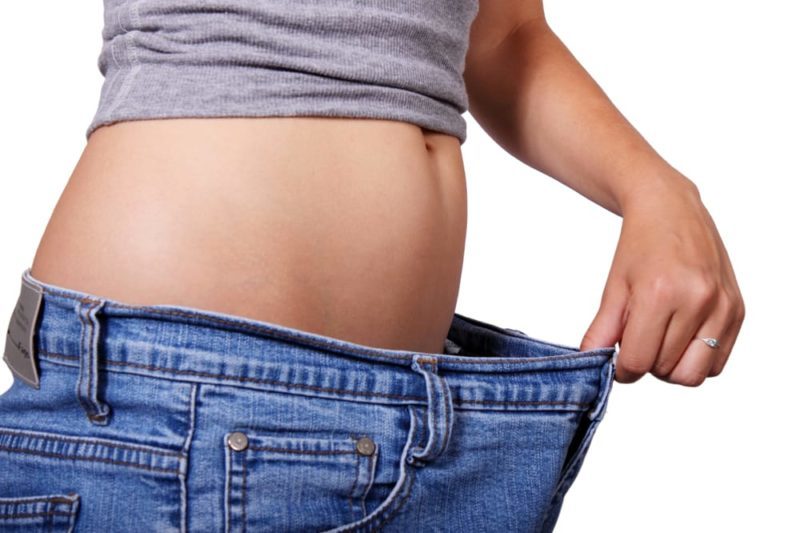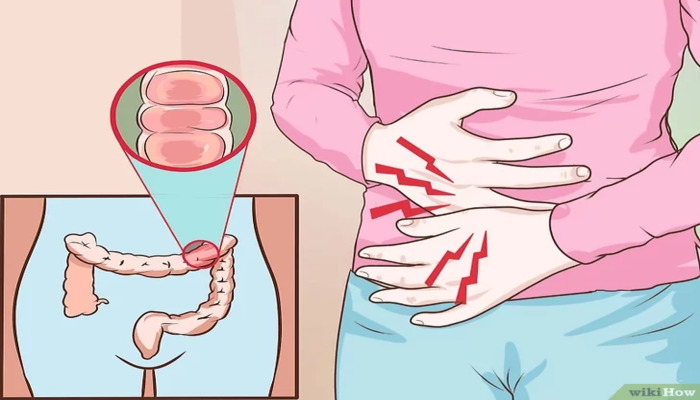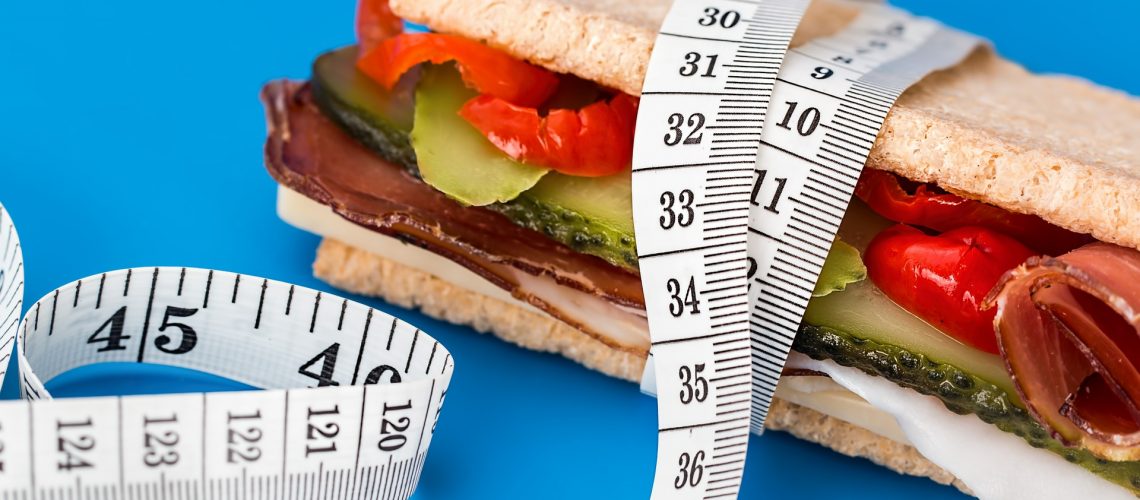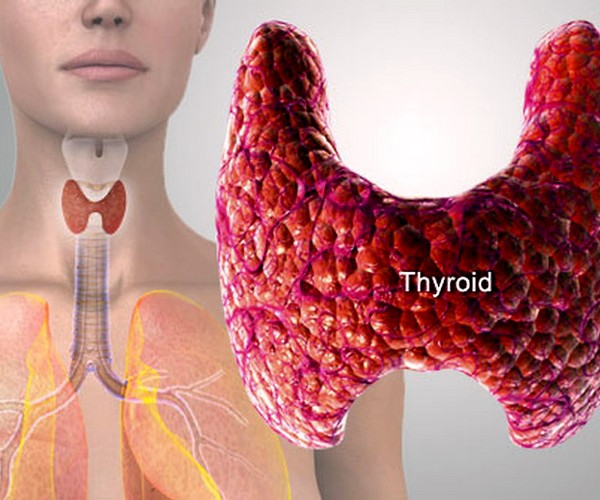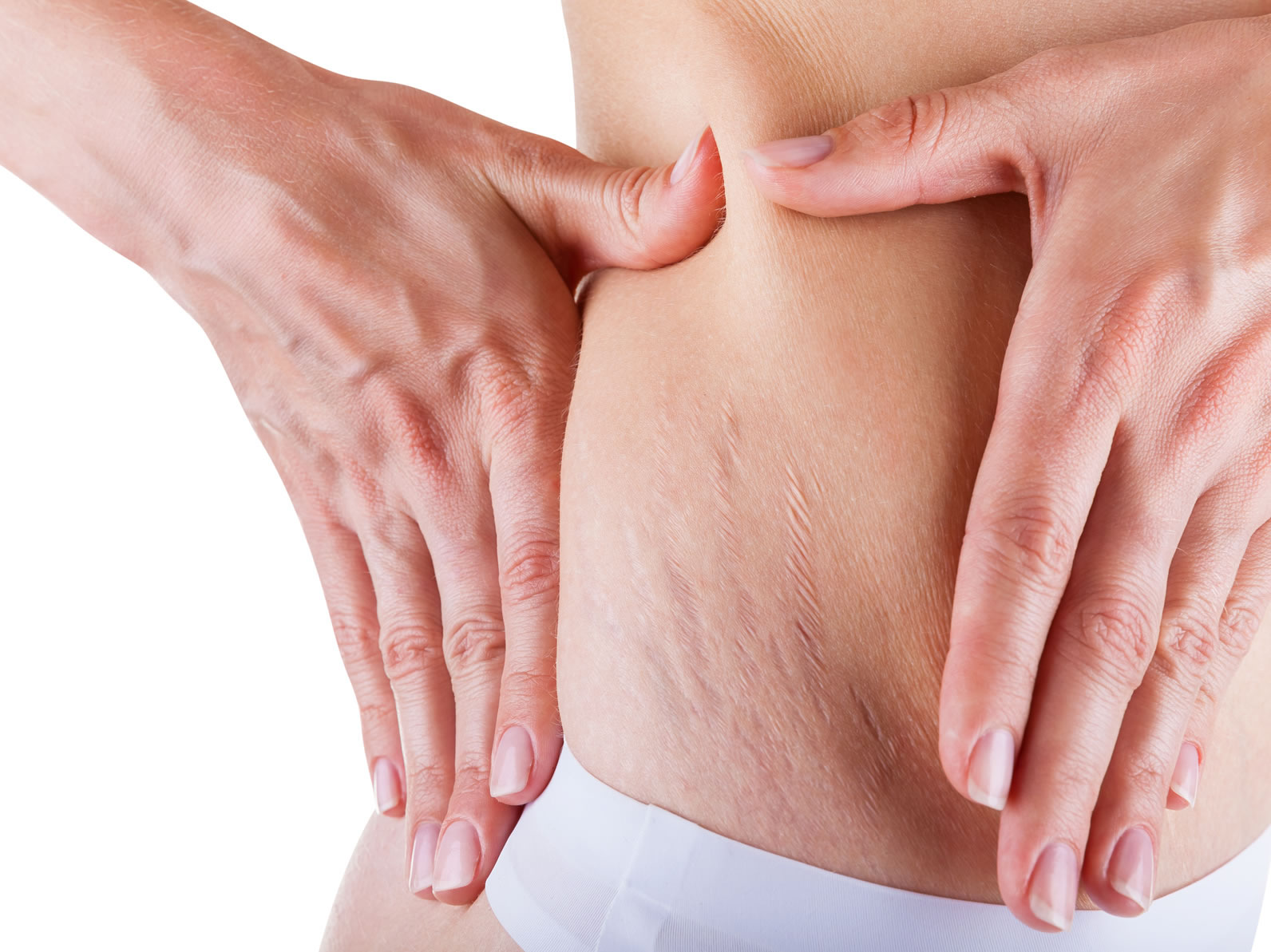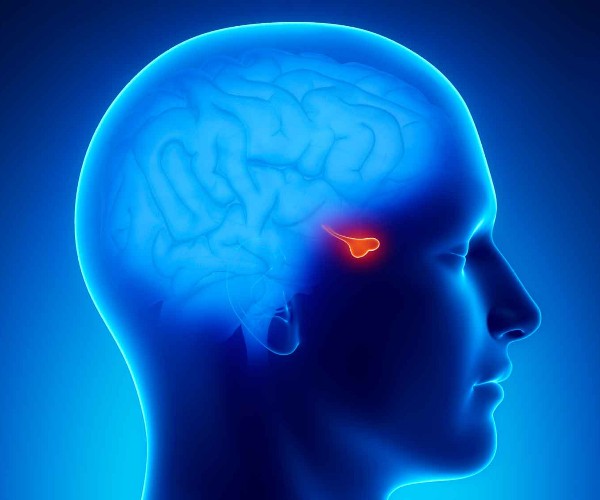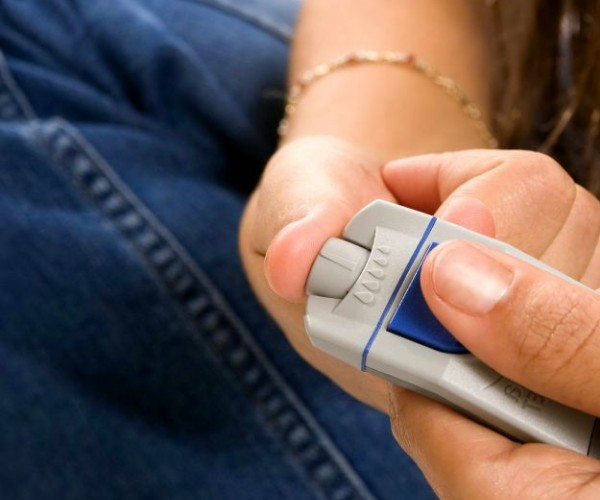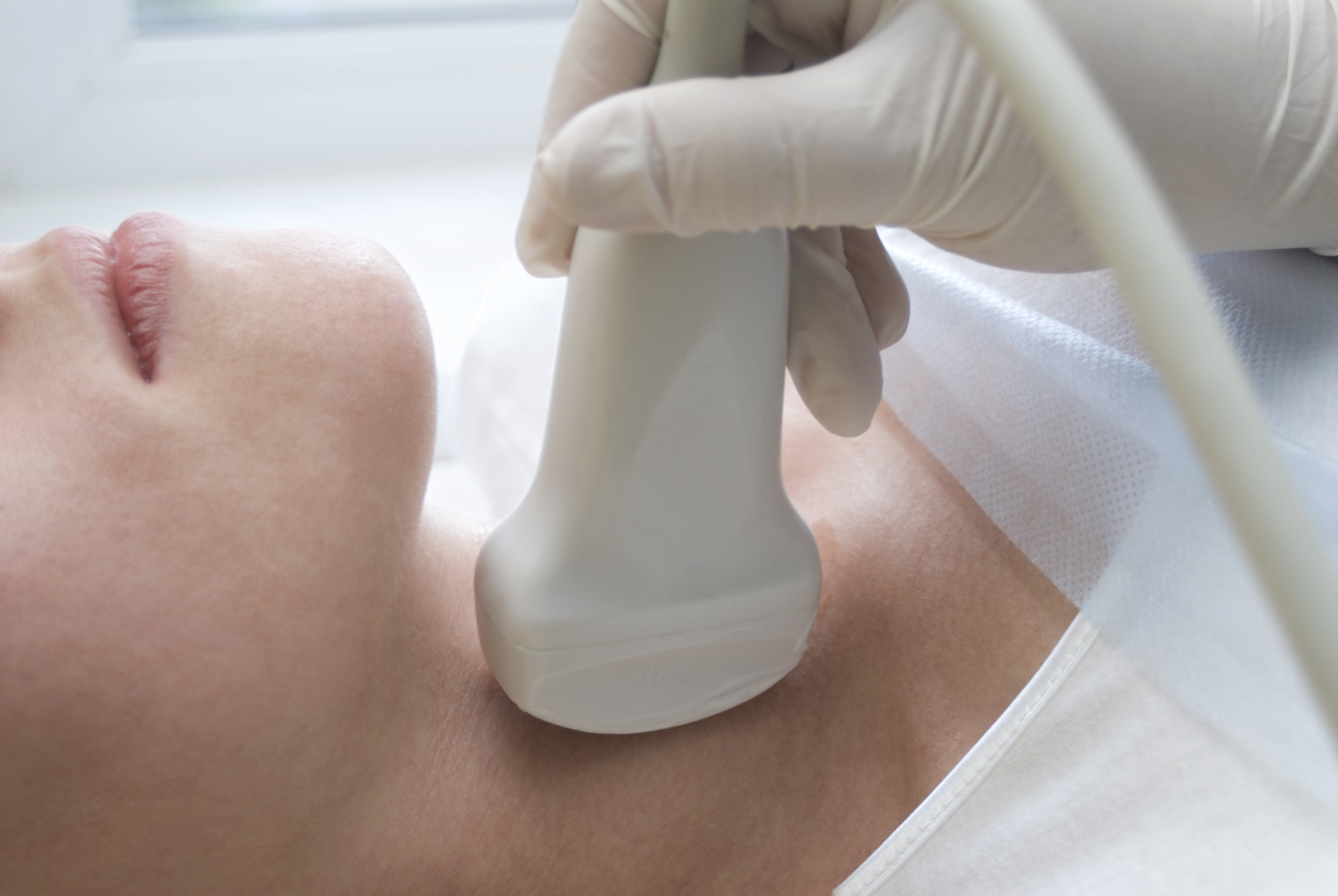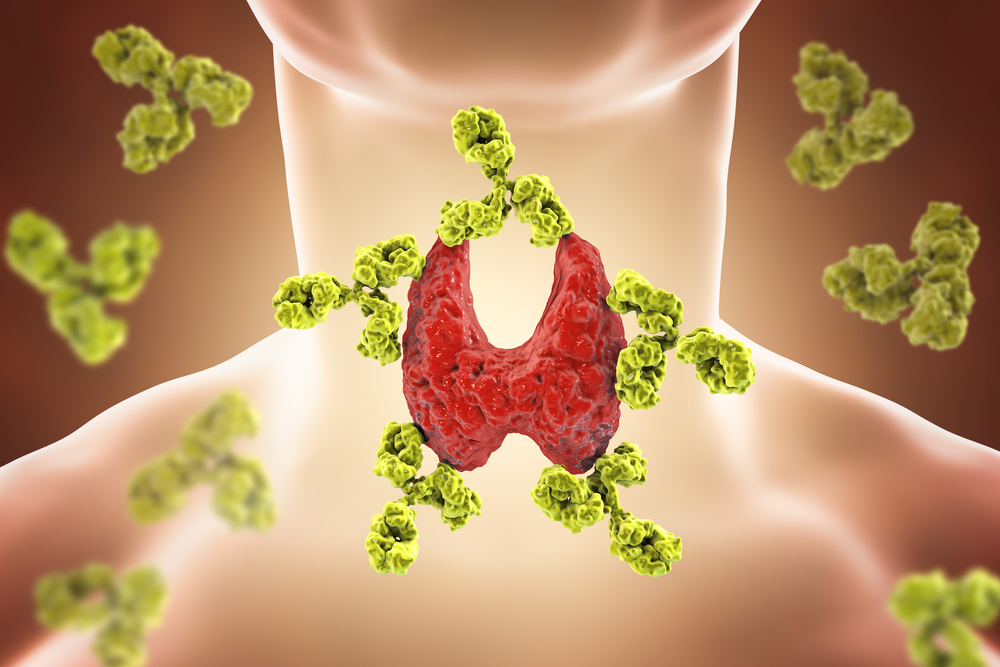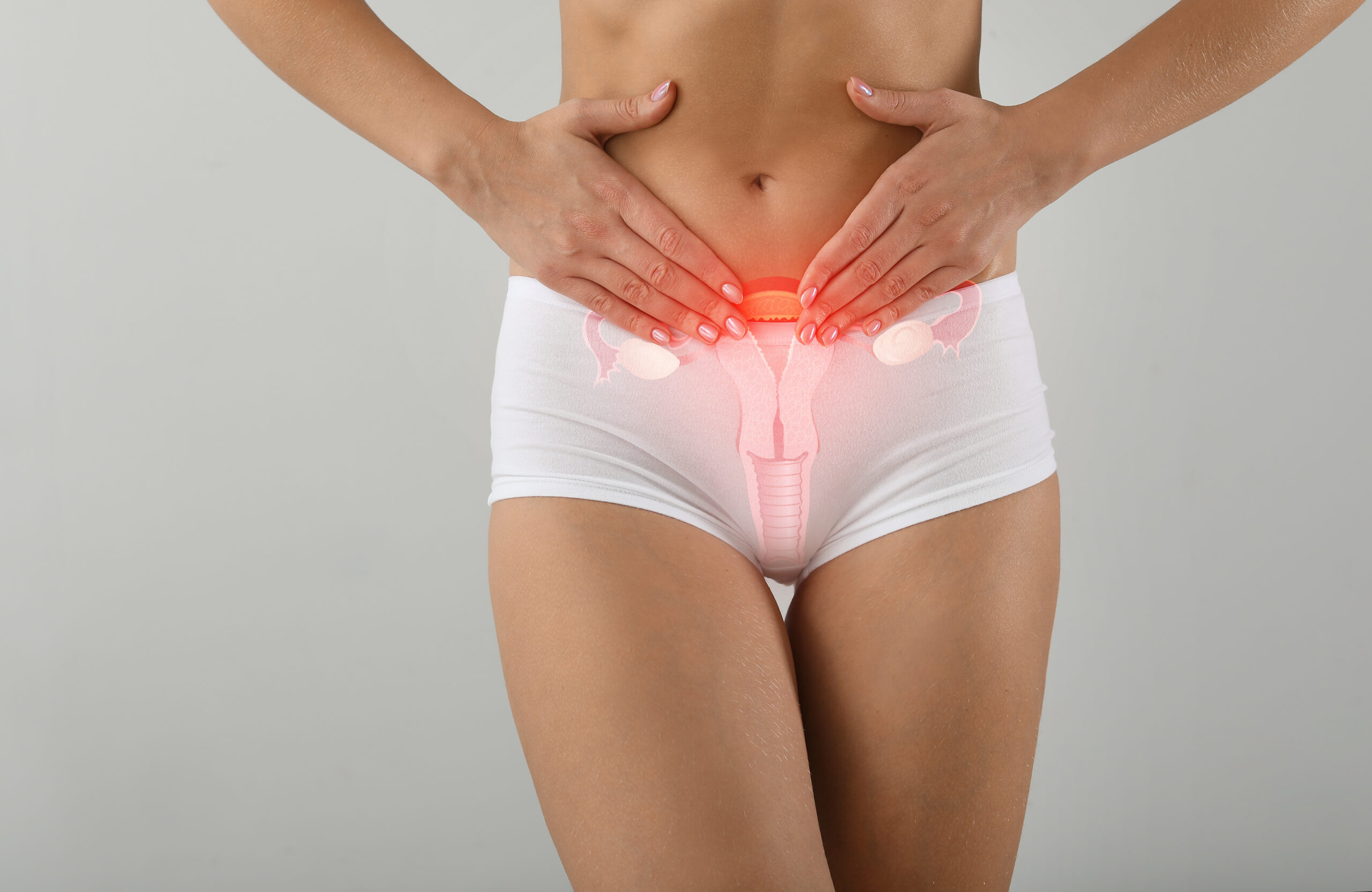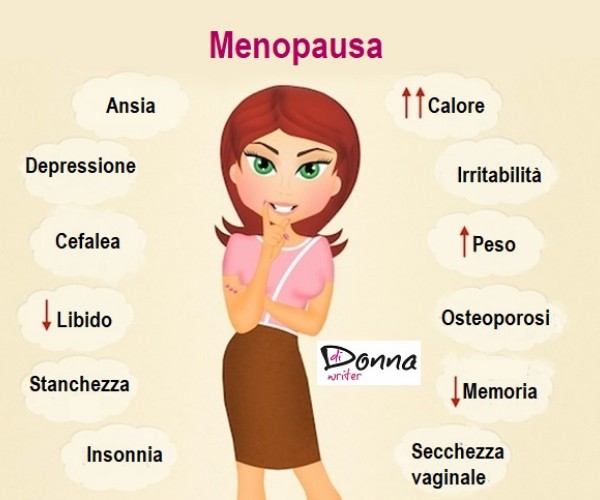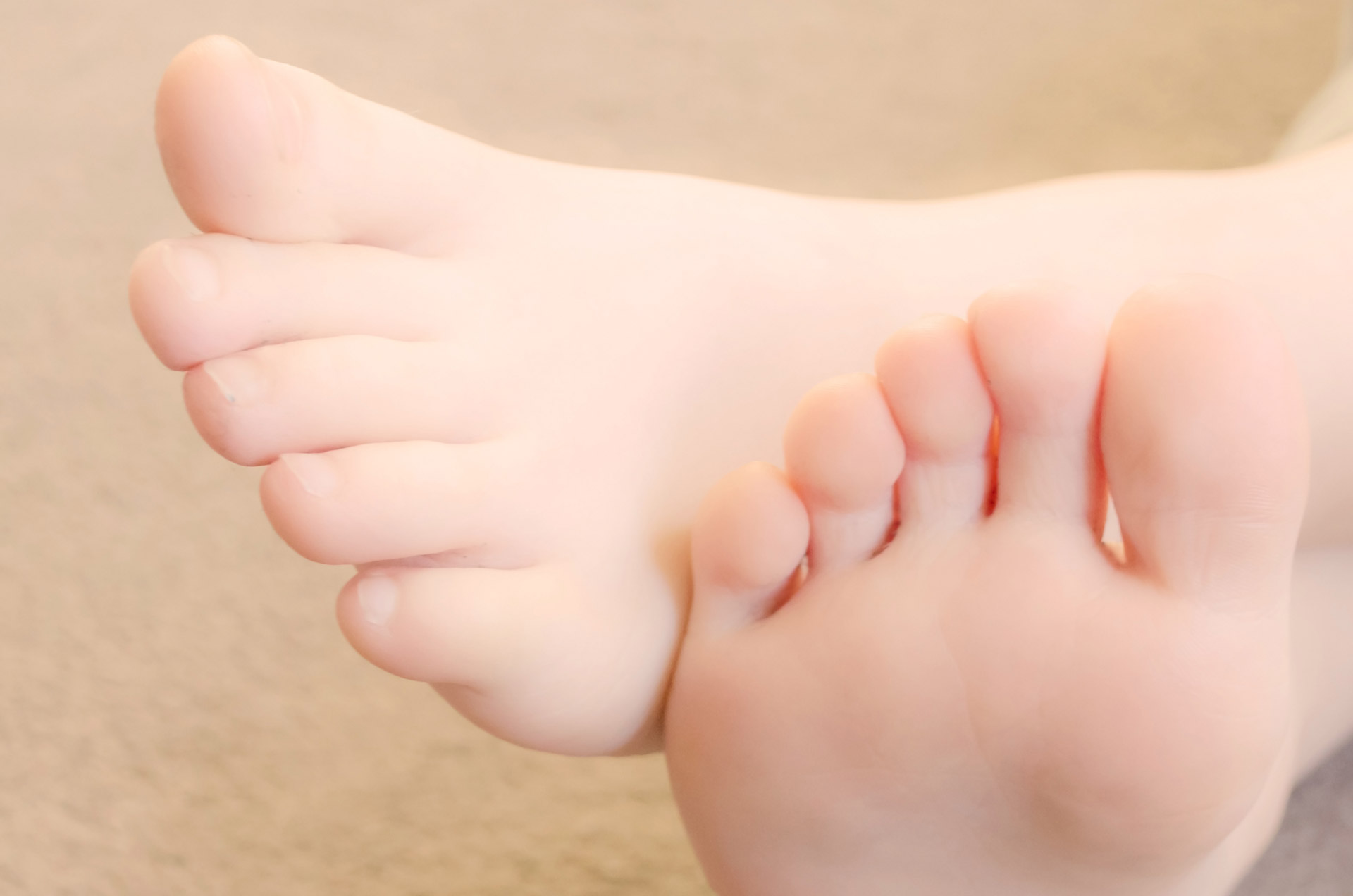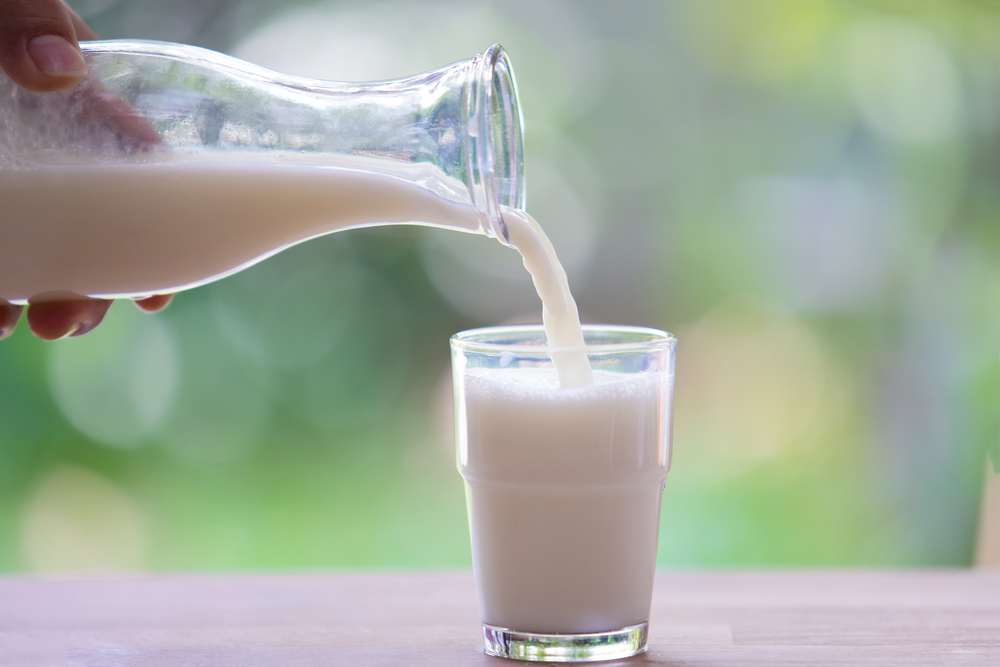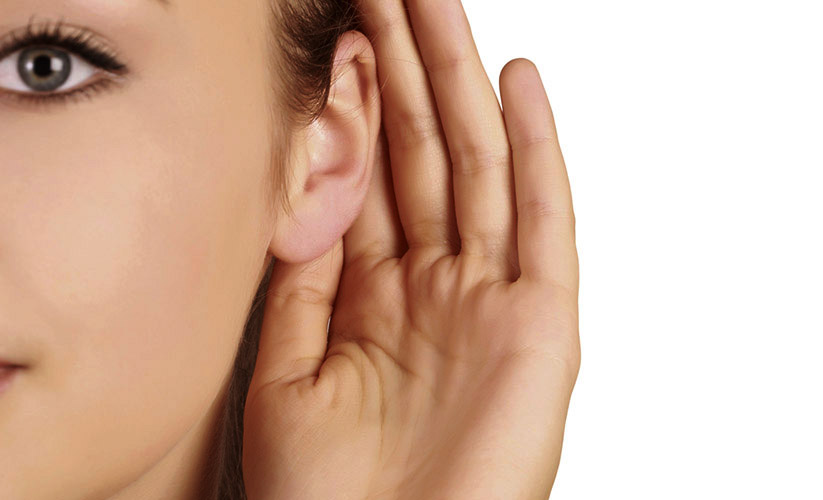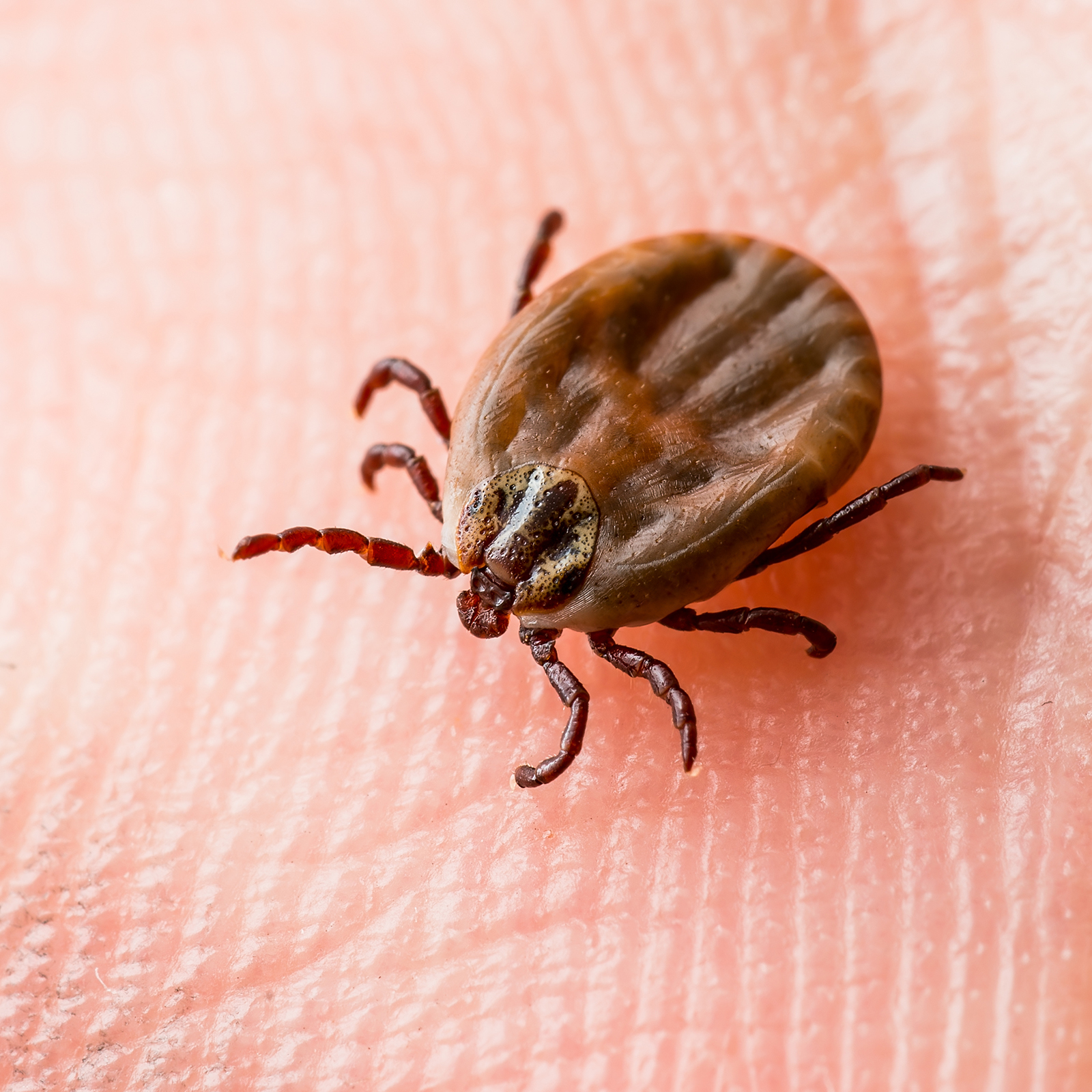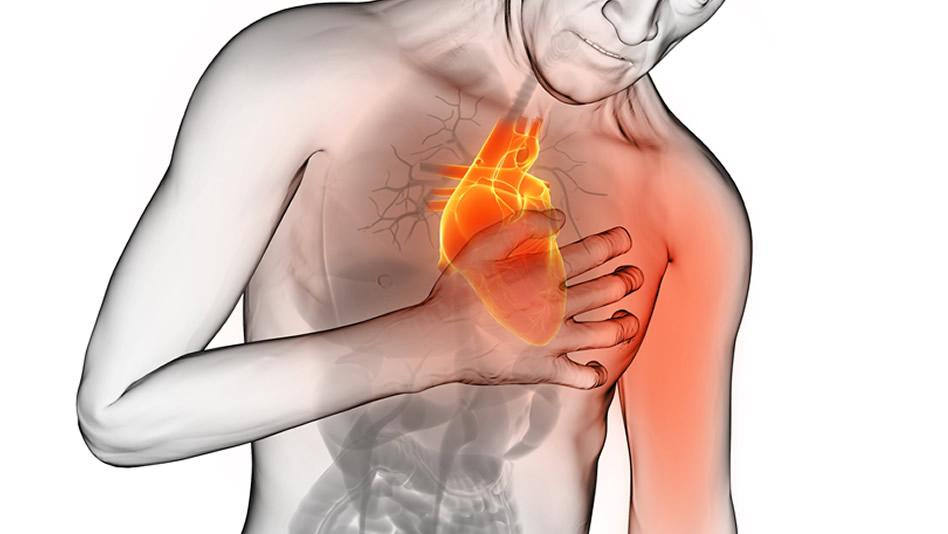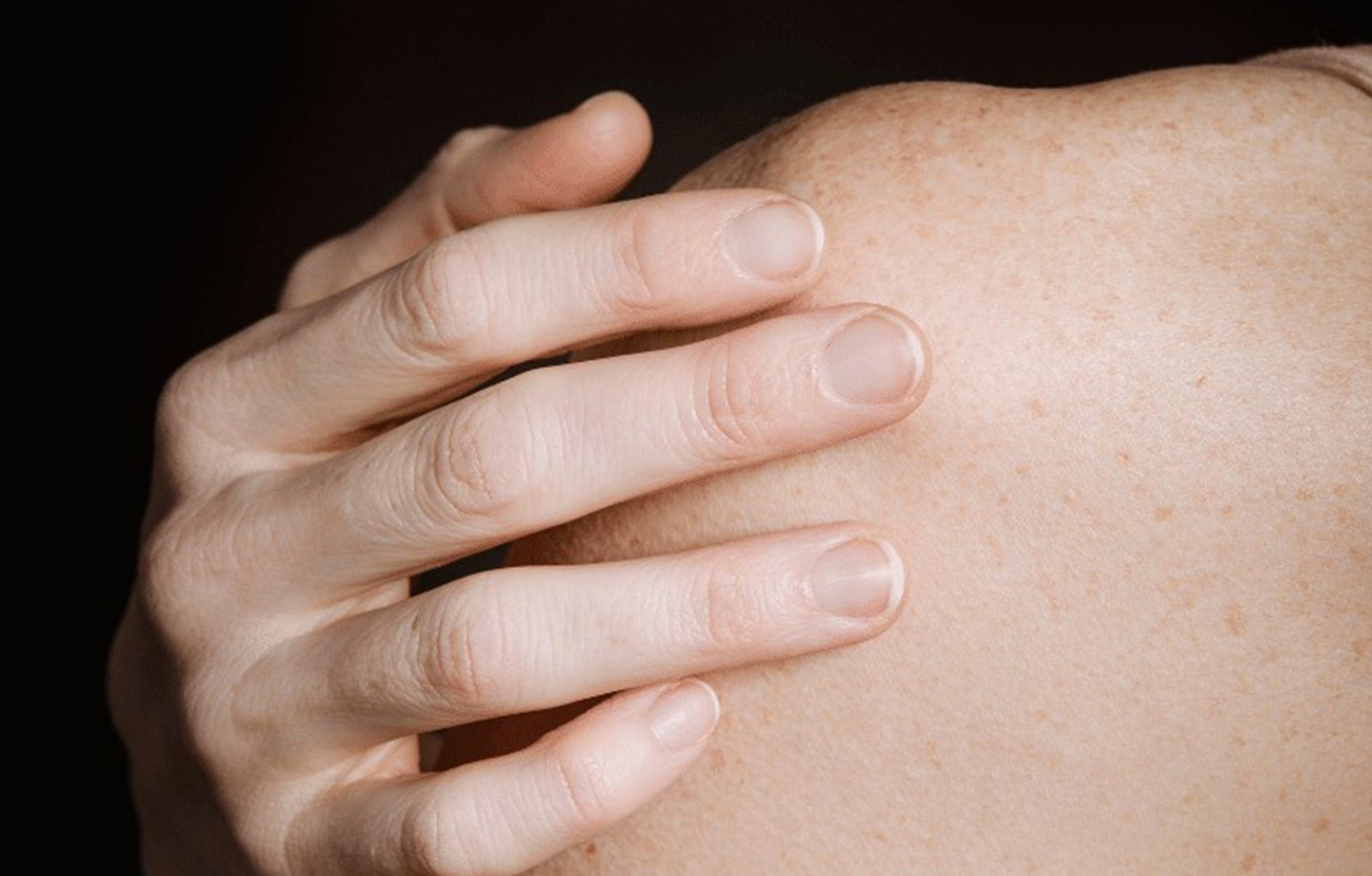In a world where everyone wants to be thin, one is increasingly overweight, even from childhood. With all that it entails in terms of physical and psychological discomfort and health repercussions, especially after a certain age. What to do? Here are some tips.
When it comes to nutrition and body weight, it opens up a universe of contradictions. You want to stay in shape or lose weight, but also eating what they like without paying too much attention to quantity. Hundreds are spent of euros for the gym, but then you almost never go. A thousand diets, but none are maintained. You buy jumpsuits and sneakers, but you don’t can do without an elevator and a car. The most ironclad healthy living resolutions, but the tomorrow to implement them never comes.
The result is always the same: month after month, the needle of the balance goes in the opposite direction from what is desired or, at best assumptions, remains inexorably fixed on a somewhat round figure. Despair does not help, because it often leads to drowning one’s own frustrations. Resign even less, because it makes people get used to standards of weight and fitness that tend to get progressively worse, almost without realizing it account. So what? As always, the solution lies in the middle, viz. In identifying a healthy balance between actual metabolic needs of the body and pleasures for the palate and spirit.
The origin of the extra pounds
No use cheating or looking for alibis in slow metabolism or the unfavorable constitution: except for a very small proportion of cases in which indeed there may be a significant genetic component or specific pathologies that work against it, if you gain weight or don’t lose weight, the reason goes sought in lifestyle errors, that is, essentially in the combination of a diet that is high in calories relative to individual needs and/or unbalanced and insufficient movement. This rule applies at any age, but in childhood/adolescence can have a metabolic impact particularly negative, which also has unfavorable repercussions on body weight and health In adulthood.
Numerous studies have now indicated that a child in strong overweight or obese will remain so as an adult (or who will slim down with effort), resulting in exposure to an increased risk of cardiovascular disease, diabetes, hormonal disorders and different types of neoplasms (e.g., breast cancer in women and colorectal cancer in both sexes.
For women, then, obesity (as well as being overweight) can impair fertility or cause serious problems during pregnancy and at the time of delivery, not the least of which is to also predispose the child to develop overweight/obesity and diabetes. Not to mention the psychological implications and Relational of the many extra pounds in adolescence and early adulthood adult, when physical appearance plays an important role in the perception of self and in interactions with others.
For women, even those who were initially thin or normal weight, A critical moment on the body weight front is the pregnancy. If you gain too much weight at this stage (i.e., more than the 10-12 kg. physiological, which gynecologists recommend not to exceed), lose weight after childbirth can be difficult, especially if you are over 35-40 years old, if you have a demanding family to care for and/or a job sedentary, leaving little time for physical activity. Residual extra pounds neglected for a long time, in fact, tend to “settle” by constituting the starting point for further increases in subsequent years.
In both sexes, then, the coming of age 40-45 involves. an initial, inevitable metabolic slowdown, which will worsen later: especially after age 50-55 for women, corresponding to the onset of the menopause; and shortly thereafter for men, also due to the reduction of hormones male and muscle mass (which is the one that burns the most calories). If, During and after this transition, you do not revise your habits food (reducing the calories introduced each day and increasing the consumption of vitamins and antioxidants that support metabolism), fattening by a few pounds is practically inevitable.
As mentioned, in a minority of cases, overweight and obesity can arise and persist due to diseases, mainly of endrocrine-metabolic type, or as a side effect of drugs needed to treat a variety of ailments. Among the former include. hypothyroidism, adrenal gland dysfunction, and the ovary polycystic, just to give a few examples.
Among the latter are insulin used for the treatment of more severe forms of diabetes, cortisone, some antidepressants, the antiepileptics, mood stabilizers, antipsychotics, some hormone therapies used for women’s issues and anti-androgenic drugs Against prostate disorders and cancers in men. In all these cases, the Body weight management must go hand in hand with disease treatment basis and be defined and monitored by the physician.
Healthy diet: better start with children
First, recall that the concepts of normal weight, overweight and obesity are based on the calculation of body mass index or BMI (Body Mass Index), a value that is obtained by dividing the weight expressed in kilograms by the square of the height expressed in meters. So, for example, a person who is 1.70 m tall and weighs 70 kg will have a BMI = 70 kg / (1.70 x 1.70)m2 = 24.22 kg/m2. This person will be “normal weight,” a category that includes all those with a BMI between 18.50 and 24.99 kg/m2. It will be, instead, “overweight” Those with a BMI between 25.00 and 29.99 kg/m2 and “obese mild” (class I) those who have a BMI between 29.99 and 34.99 kg/m2; with BMI between 35.00 and 39.99 kg/m2 you fall into medium obesity (class II), while from 40 kg/m2 upwards we speak of severe obesity (class III).
Assuming that overweight and obesity in childhood/adolescence. influence the characteristics of metabolism and health in adulthood, it is crucial that the habit of keeping fit through a healthy diet and exercise regular be promoted to children. This also creates a kind of “imprinting behavioral” that makes it more spontaneous and natural to follow a style of Healthy living and continue to keep body weight under control over the decades Next.
If the child/adolescent is already overweight by several pounds, the advice is to consult the pediatrician and agree with him or her on a regimen age-appropriate diet and exercise, after ruling out any disorders organic not yet diagnosed. If there are many pounds to lose, it is almost imperative to also consult a dietician/nutritionist, whereas if approach to food appears to be influenced by psychological aspects is useful Also consult a psychologist/psychiatrist experienced in eating disorders.
The most important thing, however, is not to trivialize nor dramatize the problem and not nag the child about his or her weight, to what he eats or why he doesn’t move enough. Much better results will achieve by creating a serene and cheerful family environment (where meals become a pleasant time of sharing), filling the pantry and refrigerator with healthy foods (fresh fruits and vegetables first and foremost), cooking light and, above all, setting a good example, both at the dinner table and on the activity front physics.
Many teenagers and young adults are often is tempted from promises of rapid weight loss through diets as curious as they are ineffective, if not downright dangerous to health. Avoid them and recommended to avoid them in any case. If the pounds to be lost are few (3-5 kg), in most cases it is sufficient to make an honest analysis of the their own eating habits (perhaps by compiling a food diary for some days) and correct trivial mistakes (such as regularly taking drinks sugary drinks and alcohol, nibbling while cooking or at aperitifs, exceeding With bread and buns at the table, add too much oil or cheese to salads etc.).
A few suggestions for adults
In addition to the classic advice to reduce intake of the carbohydrates in general and to a minimum that of simple sugars (added or contained in sweet foods), favor proteins from legumes and fish, and Increase fiber consumption (i.e., low-sugar vegetables and fruits), a trick useful for cutting calories without revolutionizing your habits too much food is to gradually reduce portions. It may sound trivial, but by 10-20 g less pasta on your plate you hardly notice (especially if you have shrewdness to start using smaller plates), but week after week week can make a difference on the scale.
On the contrary, it is important to drink more water or other beverages unsweetened (teas, herbal teas, infusions, natural flavored waters, etc.): both because liquids have an immediate satiating effect and help to dampen attacks of starvation; both because it has been observed that many people fail to distinguish well between the stimuli of hunger and thirst and end up with the eat when they should actually drink (the kidneys will also benefit).
When the pounds to be lost are more than 5-10, it is good to consult first their own physician and then a dietitian/nutritionist to set up an eating plan compatible with the needs and characteristics Individuals (age, gender, presence of other conditions and any therapies hired, specific needs, etc.) and establish a “calendar” of the weight loss that has the dual purpose of stimulating adherence to the program dietary and physical activity (which should always be provided in combination) and of allow strategies and goals to be recalibrated, depending on the results via via reached.
As already reported for children/adolescents, also for the adults psychological/psychiatric support can be very helpful, if we realizes that he attributes to food valences that have little to do with hunger (e.g., compensation for frustrations and nervousness). In cases of severe obesity or Very severe, the doctor may prescribe certain appetite-reducing drugs or support weight loss, or consideration may be given to the bariatric surgery, weighing its pros and cons well.
Absolutely to be avoided, however, is any kind of Supplement or “miracle” remedy touted online or by centers aesthetics, gyms, clinics of dubious reputation: experience has shown that they do not serve no purpose and can damage health, at great cost.
Slimming down after the “hip”
Given that metabolism physiologically slows down starting from age 40 and increasingly in later years, slimming down will require more commitment and time after this age. But one should not be discouraged or give up because it is precisely after “age” that eliminating (or reducing) pounds of Too much becomes more important to prevent cardiovascular disease and diabetes Type 2 or help keep them under control.
Numerous studies have shown that a weight loss of equal to at least 10% of the initial one significantly reduces the risk global cardiovascular and may even reverse type 2 diabetes in early stage. In addition, at any age, losing weight helps to snore less, to alleviate (or resolve) gastroesophageal reflux disease, to avoid many sore back, not to put too much stress on the hip and knee joints, and to maintain satisfying sexuality for longer.
Of course, to achieve this and get these benefits, you need a some good will and be convinced that it is a good right thing. The suggestion is to start trying hard, without wait until you are too old, but remembering that losing the excess weight is possible and useful at any age.
Sources:
- National Heart, Lung and Blood Institute – NIH (https://www.nhlbi.nih.gov/health-topics/overweight-and-obesity)
- National Institute of Diabetes and Digestive and Kidney Diseases – NIDDK (https://www.niddk.nih.gov/health-information/weight-management/helping-your-child-who-is-overweight)
- World Health Organization – WHO (https://www.who.int/nutrition/topics/5keys_healthydiet/en/; https://www.who.int/en/news-room/fact-sheets/detail/healthy-diet)
- Arnold M et al. Duration of Adulthood Overweight, Obesity, and Cancer Risk in the Women’s Health Initiative: A Longitudinal Study from the United States. PLoS Med 2016;13(8):e1002081 (https://www.ncbi.nlm.nih.gov/pmc/articles/PMC4987008)
- Johnson RJ et al. Perspective: A Historical and Scientific Perspective of Sugar and Its Relation with Obesity and Diabetes. Adv Nutr 2017;8:412-422
- Gardener H et al. Diet Soda and Sugar-Sweetened Soda Consumption in Relation to Incident Diabetes in the Northern Manhattan Study. Curr Dev Nutr 2018;2:nzy008




